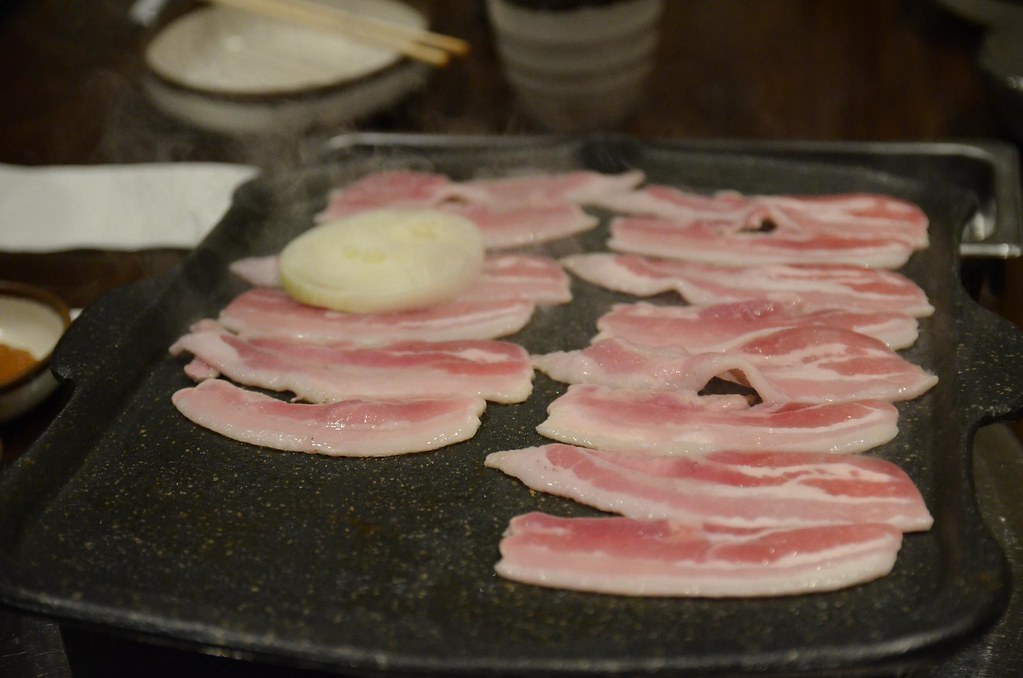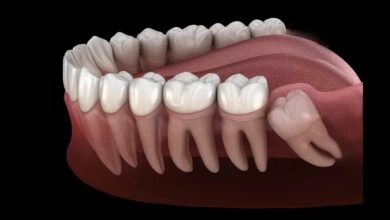Ensure That Pork Slab And Pork Bellies Are Surveyed Against Illegal Chemical Additives Before Consumption

Before someone enjoys their snowbelly, they should be totally convinced that the really well-cooked or tenderloin contains no germs or microbes. With these cattle, particularly pork, having a natural habit of not discriminating over their food and eating anything and everything that seems edible to them, it is a tremendous possibility that ectoparasites and endoparasites cling to their internal organs and breed there gratuitously. Thus, they have to undergo a lot of tests before being exported to countries outside the US for consumption.
But then there are specific feed additive testing like ractopamine testing that increases the quality of the meat. The slab, belly, rasher, gammon, pancetta, ham, etc., become more delectable and palatable with these kinds of tests. Ractopamine is mainly done to increase the lean meat part and reduce the excess fatty portions so that people can shed the useless calories and enjoy the ideal sections of their ham.
The latest fuss over the Ractopamine testing being banned by most countries:
More than 160 countries, including China- who presumably consume almost anything, have banned the feed ingredient Ractopamine. Meat manufacturers, sellers, exporters, importers, and the entire industry are facing immense jeopardy with this nexus of countries banning this test that was a standardized procedure of the USFDA.
The Ractopamine procedure- why’s how’s and what’s?
Cattle, especially pork, that has been manufactured for export as a food item is generally given this food item known as Ractopamine. The ones that are put up for exhibition and auction for buyers to put in humongous prices so that they can take them in their stable and cross-breed are also being denied the Ractopamine feed additive.
● What does Ractopamine do?
Ractopamine is generally added to the food that the cattle, especially pigs, consume. This feed additive reduces the amount of bad fat in their bodies and replaces that with lean meat quality. Not only is lean meat stuffed with the most exceptional nutritional benefits, but it also helps you to burn your carbs and fat from your body while building it with the best quality of amino acids and protein components.
● Why is it being banned?
First of all, introducing a chemical, synthetic product to increase the quality of your livestock goes against food safety guidelines. When the entire world is trying to adopt sustainable means, using such chemicals might mean doom for the present and future human generations. Suppose synthetic chemicals are constantly added to biomass that gets consumed by secondary and tertiary consumers. In that case, there will be an effect called ‘bioaccumulation.’ Even if it is not evident now. Toxicological tests show no evidence or data that trace amounts of Ractopamine that gets inside the human body from pork adversely affect physical development; the same cannot be vouched for a hundred or thousand years later.
● Why does it mean doom for the large-scale meat producers?
The ban on Ractopamine testing has caused a massive decrease in revenue projections for large-scale pork and meat producers and worldwide exporters. Feeding Ractopamine laced additives to their pigs would get them bigger yet leaner animals within a brief period!
Conclusion:
In the absence of such feed additives, increasing practice of sustainable livestock breeding methods, and enhanced surveillance and restrictions over such testing methods, the ‘Libran’ scale of being a meat-lover yet sustainability enthusiast is really off-balance now!



